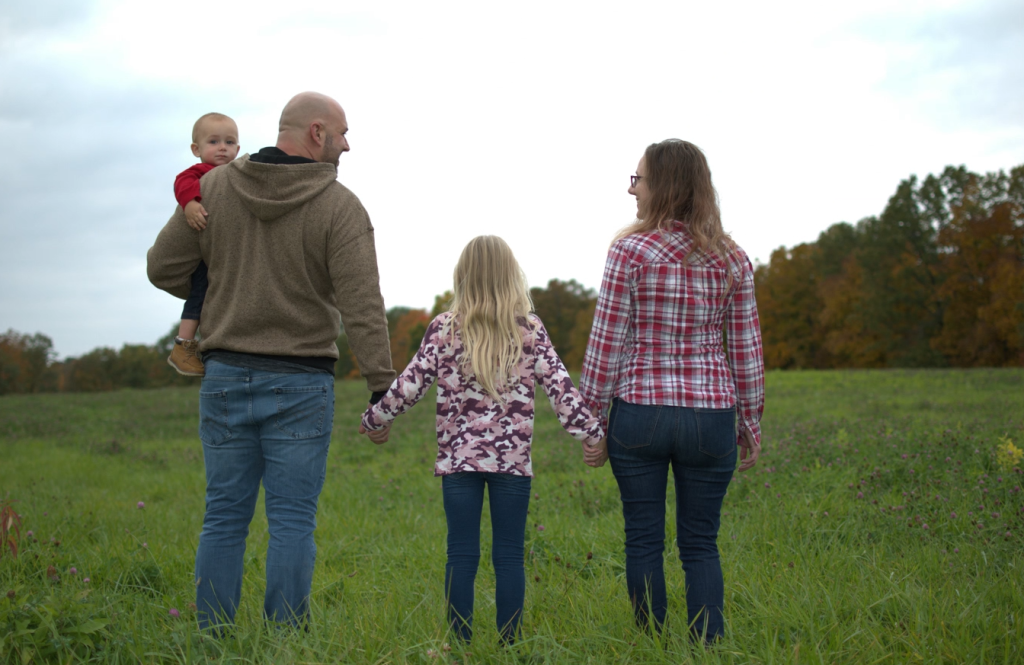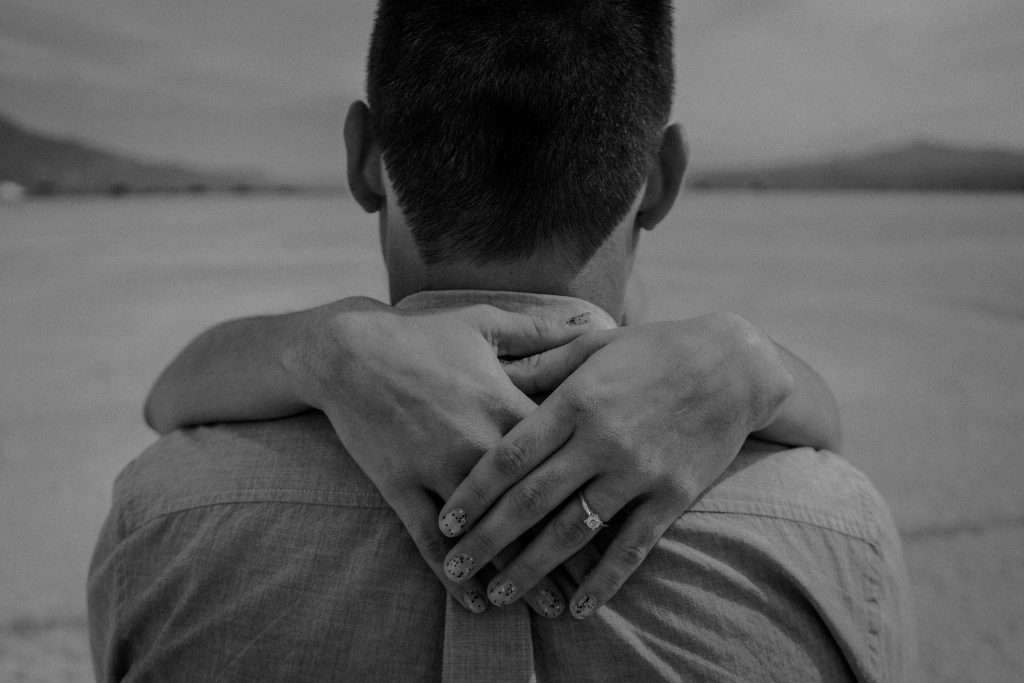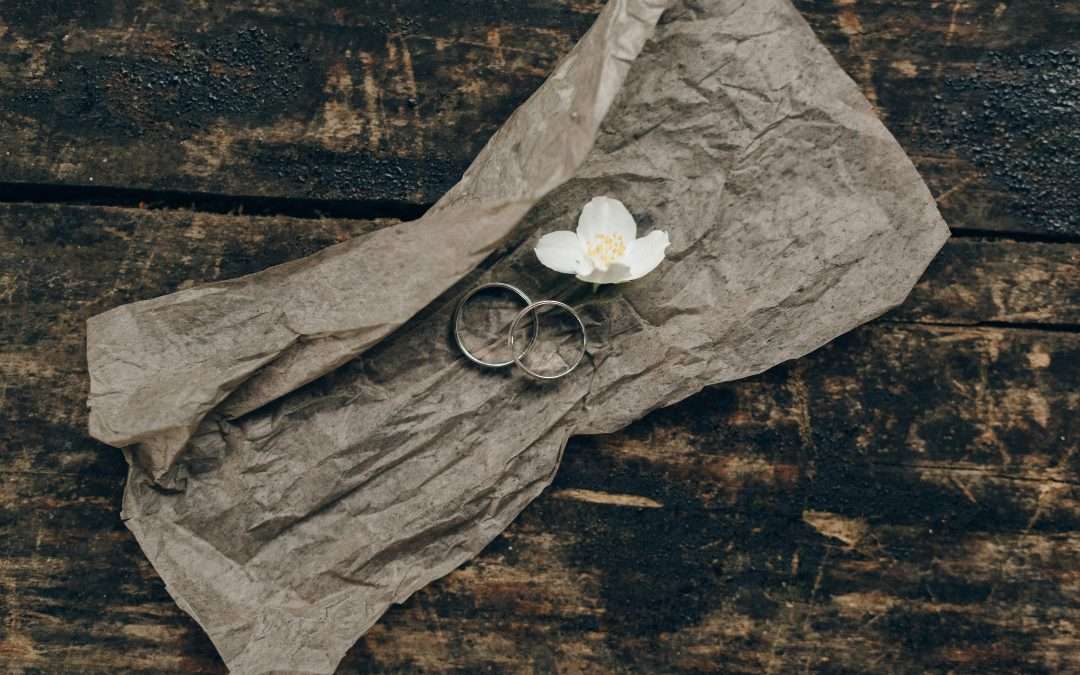I thought it was just another normal day. I came home from work, expecting the usual—my family, the noise, the routine. Instead, I was met with an empty house and the realization that my life had just unraveled in a way I never saw coming.
In that moment, the shock was overwhelming. The person I thought I knew had made a decision that forced me to confront my life, my choices, and ultimately, who I wanted to become. It was the beginning of a painful journey of self-reflection—one that would bring to light regrets I never anticipated. But it was also a journey that led to growth, resilience, and a renewed sense of purpose.
This post is about those regrets—the things I wish I had done differently—but more importantly, it’s about the lessons I learned along the way. Lessons that, despite the pain, have shaped me into who I am today.
The Struggle to Communicate
The shock of Becca leaving left me reeling, but I still held onto the belief that this was just a bump in the road—something we could work through with time and patience. When she came back to the house a couple of days later to pick up some things, I thought it would be our chance to talk, to understand what was happening, and maybe start working things out.
But when we finally sat down, the conversation quickly turned practical—focused on logistics like credit cards and finances. The opportunity to address the real issues seemed to slip away.
At the time, I didn’t push harder to steer the conversation toward the emotional heart of the matter. I stayed calm, thinking I was leaving the door open for future discussions when she might be ready to talk. But looking back, I realize that might have been my best shot, to ask why she left, to understand what went wrong, to say how I felt.
Instead, I let the conversation stay on the surface, hoping for a better moment that never came. That’s one of the regrets I carry—the regret of not speaking up when it mattered most.
But this moment wasn’t just an isolated incident. It was part of a broader pattern in our marriage where I often kept my needs and feelings to myself, trying to be the bigger person, taking the blame to keep Becca happy.

I thought that by not speaking up, I was preserving the peace, but in reality, I was eroding my own sense of self-worth. This silence contributed to the insecurities and depression I experienced during our marriage. I didn’t stand up for myself in the way I needed to, and that regret carried over into the divorce, making it even harder to find my voice when it mattered most.
However, realizing this missed opportunity during the divorce became a turning point for me. It pushed me to start speaking my mind, particularly when it came to fighting for Tanner. This shift in how I approached communication helped me secure shared parenting, a victory that might not have been possible if I had continued to stay silent.
Looking back, I regret not recognizing these moments for what they were—fleeting opportunities to have real conversations. But this experience has also taught me the importance of being assertive in communication, especially in difficult situations. I’ve learned to express what I’m thinking and feeling, without waiting for the “right” moment that might never come. It’s a lesson I carry with me now, making sure I don’t miss those opportunities to speak up when it matters most.
As I moved from struggling with communication to recognizing the importance of protecting my interests, another significant lesson began to take shape, one rooted in the financial realities of divorce.
Financial Planning and the Importance of a Prenup
As the divorce unfolded, one of the most surprising and disheartening realizations was how even the investments I had built long before I met Becca were subject to division. The portfolio I had painstakingly grown over the years, through careful planning and a deep understanding of the market, was suddenly diminished. To lose half of what I had worked so hard for felt like a theft—a redistribution of wealth under the guise of fairness that, to me, seemed anything but equitable.
For instance, the stocks I had invested in years before our marriage—long before I even knew Becca—were included in the division of assets. It was as if the years of learning, planning, and investing meant nothing in the eyes of the law. The fact that these pre-marital assets were now considered joint property was a tough pill to swallow and made me realize just how crucial legal protections, like a prenup, really are.
This experience highlighted the importance of financial planning and asset protection in ways I hadn’t fully grasped before. The absence of a prenup, which could have safeguarded those pre-marital investments, became a significant regret.

The financial toll of the divorce wasn’t just about losing money; it was about seeing the fruits of years of labor and wisdom taken away in a way that felt deeply unjust.
In the aftermath, I found myself returning to a more disciplined and structured approach to my finances—the very practices that had served me well before marriage. Back then, I budgeted diligently, saved consistently, and invested wisely. However, during our marriage, these practices became a point of tension. Budgeting, in particular, was something Becca resisted, feeling that it limited her freedom, and over time, the strain of trying to manage our finances in a way that worked for both of us led to lapses. We slowly drifted away from the structure I had always valued.
One of the most significant changes I made after the divorce was to re-establish my budgeting habits. I got back to tracking every dollar, planning for the future, and ensuring that my financial decisions aligned with my long-term goals.
It wasn’t just about managing money more effectively—it was about reclaiming control over an aspect of my life that had been compromised. It reinforced the importance of sticking to what I know works for me, regardless of external pressures.
The lesson here is clear: whether through a prenup or simply maintaining a strong financial discipline, it’s crucial to protect what you’ve built and stick to the practices you know work for you. The financial impact of a divorce can be mitigated, but only if you’ve taken the steps to safeguard your future well before any troubles arise.
With my finances back in order, I turned my attention to another critical area—my self-care and overall well-being, which had also suffered during this rough period.
Neglecting Self-Care
The stress of the divorce brought countless challenges, but one of the hardest was keeping up with my usual self-care routines. At the beginning of the process, many of my habits fell to the wayside.

There were days when I’d wake up and barely put in the effort—skipping the shave, throwing on wrinkled clothes, and just going through the motions. I did the basics, like showering, but the care and attention I used to give myself had faded. Meditation, which had been a regular part of my life, also started to slip away.
I remember one day looking in the mirror and hardly recognizing the person staring back. I hadn’t shaved in days, my clothes were a mess, and I just didn’t feel like myself anymore. It was a moment that made me realize how much I had let go of my self-care routines, and it was a wake-up call that something needed to change.
However, as some practices faded, I found myself digging deeper into others. Reading the Bible became a cornerstone of my routine, providing me with strength and guidance during one of the most challenging times in my life. Prayer was also important, but it was the daily reading of scripture that truly kept me grounded. It offered a sense of stability and comfort, reminding me that there was a larger plan at work, even if I couldn’t see it clearly at the time.
Another practice that stayed with me was my daily Spanish lessons. While it might seem small, this routine gave me a sense of continuity and progress. Even in the midst of all the chaos, I could still count on those few minutes each day to focus on something positive. It was a way to hold onto a part of myself that wasn’t defined by the divorce or the stress that came with it.
As I slowly reintroduced some of my old routines, I began to notice the difference in how I felt—more in control, more connected to myself, and more prepared to handle whatever came next. These practices helped me maintain a sense of balance. While I did let go of some habits, I leaned into others that were meaningful to me, which allowed me to stay on track, even when everything else felt uncertain.
The lesson here is that self-care doesn’t have to be perfect—it’s about finding what works for you in the moment and holding onto the practices that keep you grounded. These routines were the stepping stones that eventually led me to the next significant phase of my journey: rebuilding my identity.
Rebuilding Identity
The realization that my relationship with Becca was truly over marked a turning point in my life. Up until that moment, so much of my identity had been intertwined with our marriage. When it became clear that there was no hope of getting back on track, I had no choice but to confront the reality that I needed to rebuild myself—this time, without her as part of that identity.
This was no small task. The sense of loss and confusion was overwhelming, but it was also an opportunity to redefine who I was and what I stood for. One of the most significant decisions I made during this time was to get back into church and rededicate myself to serving God. This wasn’t just about finding solace in faith; it was about re-establishing my values, my purpose, and the kind of person I wanted to be.
I remember the day I decided to get baptized again as an adult. Although I had been baptized as a child, I felt that this time was different. It was a conscious choice to declare my faith, to symbolize the new beginning I was embracing. It was my way of saying, “I’m not defined by my past mistakes or this divorce. I’m a new creation, and I’m committed to living a life that reflects that.”
Through this process, I realized that my identity wasn’t tied to my marriage or my past mistakes. Instead, it was about my commitment to growth, resilience, and becoming a better version of myself. Serving God and striving to be more Christ-like became the foundation of my new identity. It wasn’t about being perfect; it was about relying on God’s grace, forgiveness, and mercy, and showing up every day to do my part.
Looking back, I see how this journey of rebuilding has made me stronger, more focused, and more aligned with who I truly am. The divorce, as painful as it was, became a catalyst for profound personal transformation. It pushed me to shed old insecurities and emerge with a renewed sense of self, grounded in my faith and my commitment to continuous improvement.
The lesson here is that even in the darkest moments, there’s an opportunity for growth. Rebuilding your identity isn’t about erasing the past; it’s about taking what you’ve learned and using it to become the person you’re meant to be. And as I reflect on this journey, it brings me to the final takeaway from this experience—embracing the lessons and moving forward with hope.
Embracing the Lessons and Moving Forward
Looking back on everything I’ve gone through, the biggest lesson I’ve learned is that happiness and self-worth aren’t anyone else’s responsibility—they’re mine. It’s not up to someone else to save me or validate my existence. At the end of the day, I have to be okay with myself, to like who I am, and to not be so reliant on what others think of me, even the person I married. If someone decides they don’t want to be with you, it says more about them than it does about you. Love, real love, doesn’t just disappear—it endures. If someone tells you they once loved you but no longer do, they likely never truly loved you at all.
Through these challenges, I’ve come to realize that I’m a pretty awesome person. I’m a good person, a healthy person, someone who others genuinely enjoy being around. Much of my unhappiness in the past stemmed from the relationship itself. I’ve learned that being around negative people can turn you into a negative person if you’re not careful. But stepping away from that negativity has allowed me to rediscover my true self, and it’s a self I’m proud of.
If you’re currently going through something similar, my advice is simple: go through the process. It’s okay to take your time, to feel the pain, and to figure out what works best for you. There’s no right or wrong way to navigate these waters—just your way. And while the journey may be tough, it’s also an opportunity to rebuild, to grow, and to come out stronger on the other side.
As I sit here now, reflecting on how far I’ve come, I think back to that first moment of shock when I realized my family was gone. It feels like a lifetime ago, and in many ways, it was. The regrets I’ve had have also been the catalysts for my growth. They’ve taught me valuable lessons, and they’ve shaped me into the person I am today. And that’s something I wouldn’t trade for anything.
So, if you’re facing your own struggles, know that there’s hope on the other side. It’s not about avoiding the regrets but embracing them, learning from them, and using them to forge a better path forward.
Your story isn’t over—it’s just beginning.
